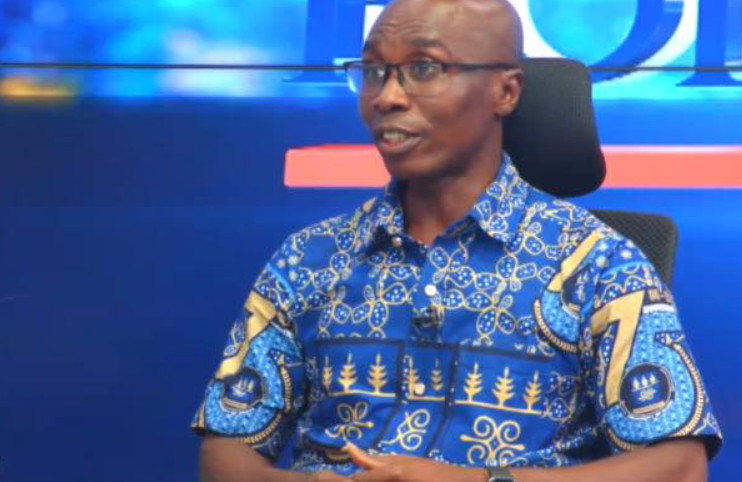Economist and University of Ghana lecturer, Professor Patrick Asuming, has described the recent depreciation of the cedi as a market correction, arguing that the local currency’s earlier rapid appreciation was unsustainable.
He maintained that the assurance given by the Governor of the Bank of Ghana (BoG), Dr. Johnson Asiama, amid growing concerns over the cedi, is justified. According to him, the central bank is well-positioned to intervene and support the local currency should it come under extreme pressure.
His comments follow Dr. Asiama’s dismissal of fears about the cedi’s stability. The Governor assured the public that the BoG has implemented firm measures to safeguard macroeconomic stability and holds sufficient foreign exchange reserves to cushion the currency, especially as the country enters the final quarter of the year.
Prof. Asuming, however, attributed much of the current anxiety to the BoG’s earlier handling of the cedi’s performance.
“In terms of the central bank being in a position to support the cedi if it comes under extreme pressure, they’re well-armed to be able to do that. So you understand why the Governor [BoG] is saying we have no reason to be anxious.
“But I think in some sense, much of it is being brought on by the way the central bank allows the cedi to appreciate so quickly. Because to allow the currency to appreciate so quickly over a short period of time, when it was obvious that we couldn’t sustain holding the dollar at GHC10, is something that is really coming back to bite,” he told Eyewitness News host Umaru Sanda Amadu on Wednesday, September 17.
He explained that the recent depreciation is largely a correction following what he called an “unsustainable appreciation.” He also pointed out that international institutions, including the International Monetary Fund and World Bank, had cautioned the BoG against excessive intervention in the foreign exchange market.
According to him, the current depreciation is being managed to prevent sharp declines.
“The recent appreciation of the cedi we are seeing is more or less a correction, because the appreciation went too far. You would have read that the IMF and the World Bank have been cautioning the BoG to minimise the intervention.
“So, minimising that intervention and allowing the cedi to serve correctly is part of the reason why we’re seeing the depreciation. But this is controlled because the BoG is not going to allow it to depreciate quickly as we used to see. I think that is where the public should take that assurance,” he stressed.
Source:Lovinghananews.com
Share this post:


